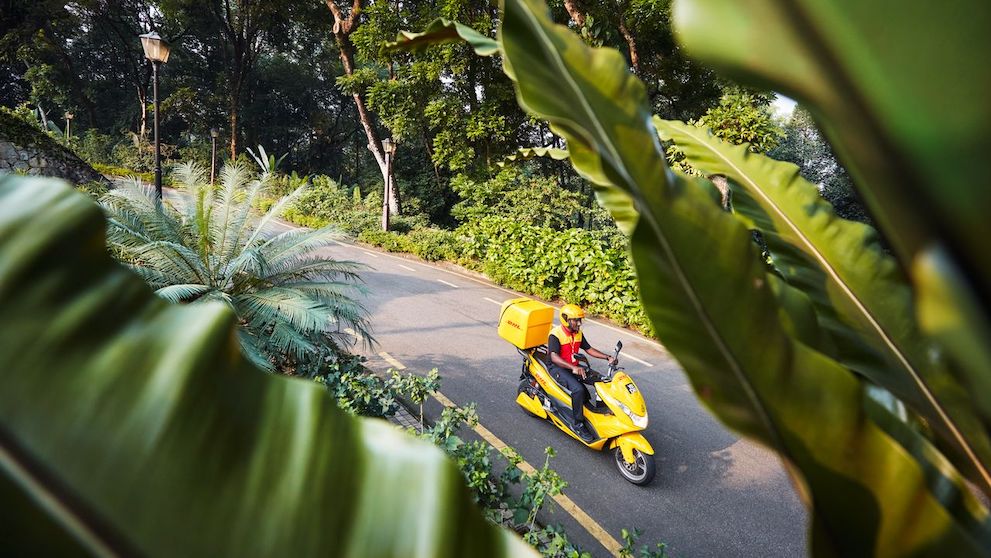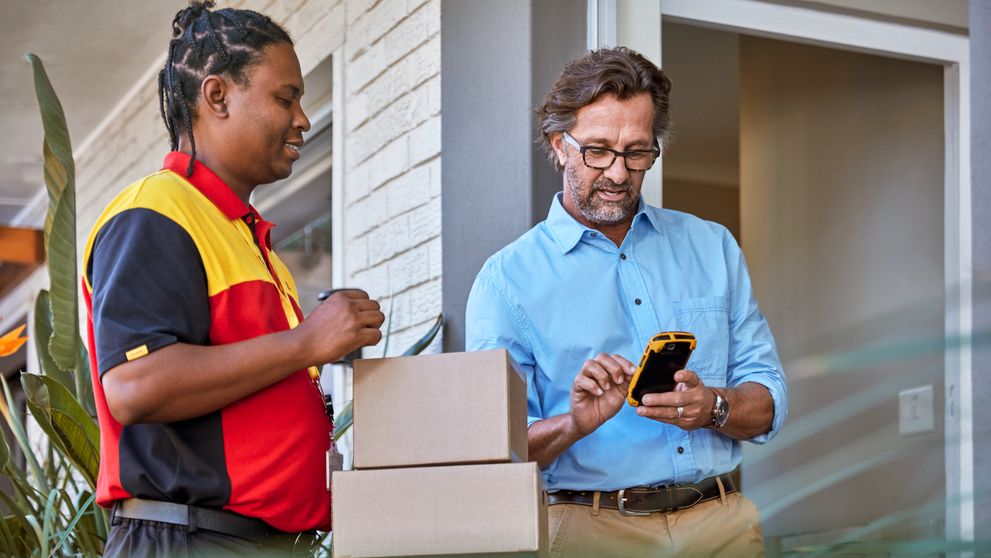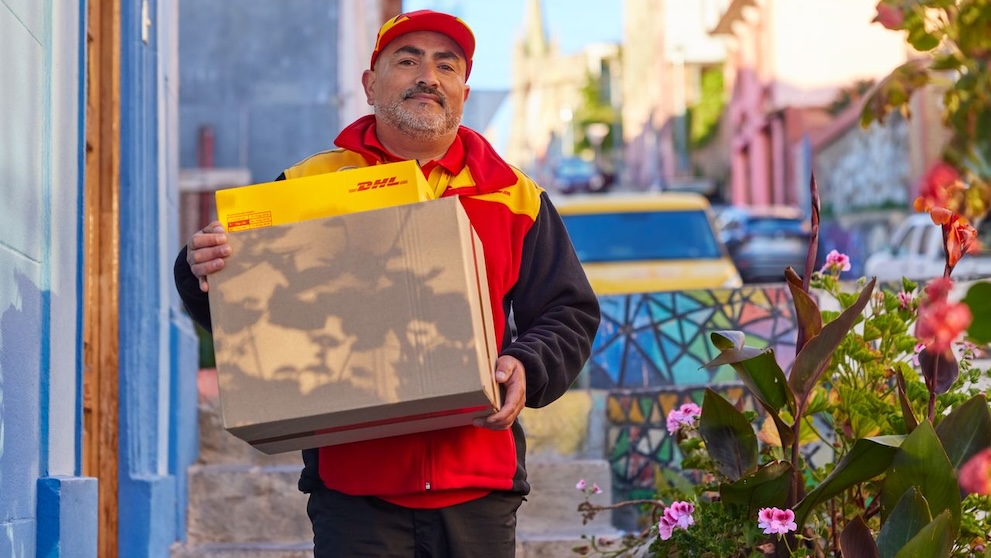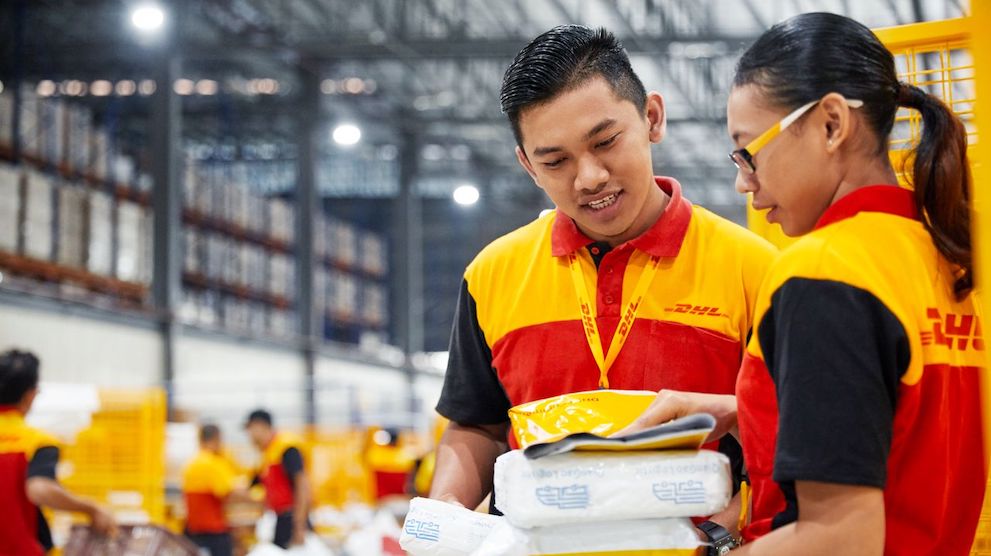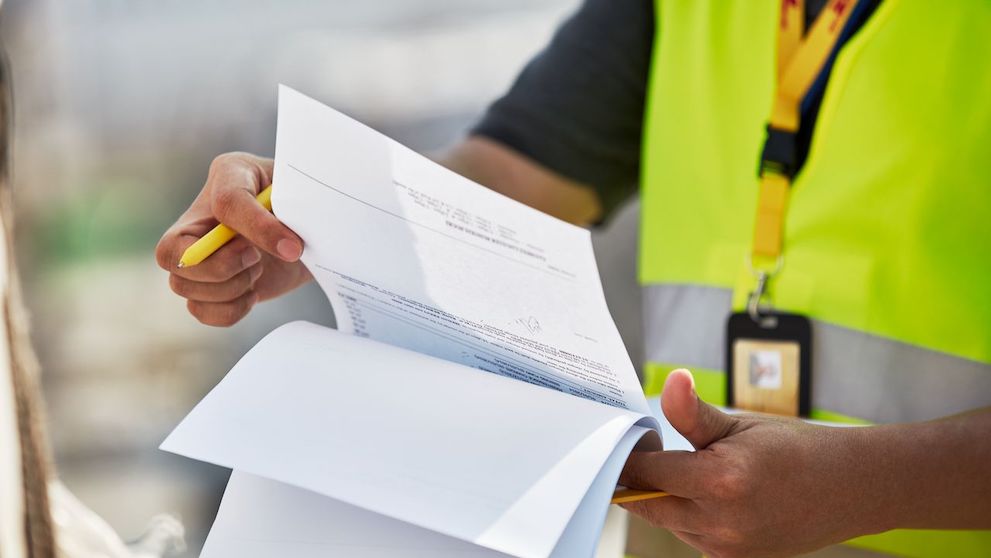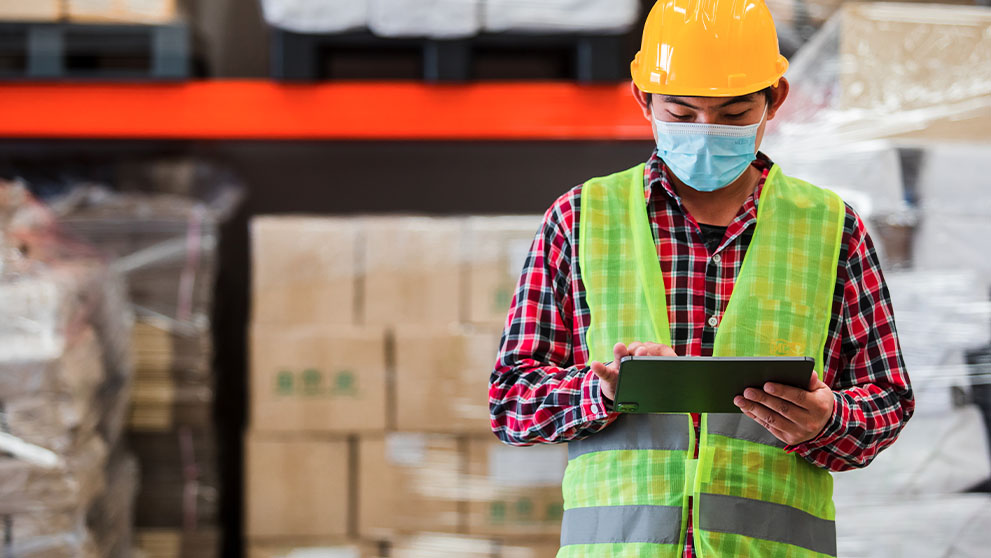In today’s globalised world, logistics has easily become the backbone of every economy and continues to do so despite the global pandemic. Yet, logistics is still the fastest evolving industry in India, boasting a US$250 billion market size value in 2021, Statista reports. This value is also expected to grow up to US$380 billion by 2025.
It is evident that the logistics industry has overcome the worst phases of the global pandemic and will continue to keep moving forward. Tied together with the continuous rapid advancement of technology, new business models are constantly emerging. These have influenced the way industry leaders conduct business and shape the market.
To secure an advantage in an ever-competitive industry, businesses and leaders should stay abreast of major industry trends and tap onto them to gain business efficiency along the supply chain. Read on to learn more about the five emerging trends that are set to disrupt the logistics industry today.
1. Autonomous vehicles
The logistics industry is no stranger to autonomous vehicles, which have been evidently present in many business operations and markets for many years. These vehicles, be they autonomous trucks, vans, or cars, are appropriately designed, run, and tested. In other words, they can provide your business with safer, cheaper and easier alternatives instead of manually-driven vehicles.
With robotic features, these autonomous vehicles can also be customised or altered to suit your business operations. For instance, different routes for varying vehicles can be set up to transport products into their respective warehouses, and help with sorting during the fulfilment process.
Unlike humans who need rest, these vehicles can also work beyond normal offices. In the long run, this reduces the need and costs for manpower as the machines are able to work longer hours, require lesser breaks and are not prone to making any errors. Overall, this can increase your business’ productivity to fuel efficiency and significantly meet customer demands through shorter delivery times.
By weaving autonomous vehicles into your business operations such as transportation and delivery systems, you can learn to run your business under “supervised autonomy” and ensure that your logistics remain seamless and efficient altogether.
2. Big data analytics and artificial intelligence (AI)
In a world fueled by technologies, you should leverage big data analytics and AI. They are powerful tools that utilise machine learning algorithms to help your business discover trends, monitor markets, examine data and produce insights. For instance, predictive analytics helps your business to anticipate future demand as they study historical data and patterns. In addition, predictive analytics can also derive the best and quickest routes for your deliveries by using real-time data such as traffic and weather conditions to minimise your overall shipping cost and increase business efficiency.
When it comes to data, the margin of error significantly narrows. As such, collating and analysing large quantities of data by humans with the use of such tools can help reduce mistakes in your operations. With AI able to study and monitor data 24 hours round the clock, you’ll obtain the most accurate and updated information, always.
By correctly weaving big data analytics and AI into your business, tailor the machines to monitor the factors that are crucial to the success of your business. Be it delivery speed, customer satisfaction or productivity, let the machines do the tedious work for you while you focus on other operations that require the human touch such as customer service or networking with clients and suppliers.
3. E-commerce
Despite the world settling back into the norm, the recent pandemic has undoubtedly fuelled online shopping and paved the way for e-commerce. With a new way of shopping, there has been a significant change in consumer habits whereby more customers are demanding customised delivery options such as standard delivery, express delivery, overnight shipping, rush or urgent deliveries, specialised parcel services or even big items delivery services. Across all these, they also expect reliable package safety insurance, return options, and even real-time tracking updates.
To meet customer demands and develop a customer centric business model, there is a dire need for businesses to innovate endlessly, yet add value to the supply chain. At the same time, businesses will also need to distinguish themselves from competitors while keeping current customers, and attracting new customers altogether.
With the variety of needs and wants, it is crucial that your business implement the right strategies. One of these is to work hand in hand with a reliable logistics company that helps you go cross-border to manage your delivery expectations and satisfy increased volumes of shipments.
4. Logistics platforms
Also known as cloud-based systems, logistics platforms help businesses to integrate logistics technologies to streamline their processes, store and transfer information in a faster and more secure manner, and even enable better control of financial resources. Besides these advantages, logistics platforms also provide businesses with data-driven insights as they track and monitor the movement of goods and materials.
However, if you do not wish to be heavily invested in logistics technologies alone, you can opt for logistics software-as-a-service (SaaS) platforms as an alternative. They help to outsource certain functions in your logistics processes while meeting your needs, such as identifying bottlenecks in your operations or mapping crucial customer touchpoints for different markets, all at the same time.
Thus, it is still crucial for your business to consider implementing a logistics platform to assist with supply chain optimisation and operations efficiency.
5. Green logistics
Due to the increasing awareness of climate change and its negative effects, many businesses are adopting green initiatives to minimise greenhouse gas emissions and abide by sustainability measures and regulations. In other words, many businesses now recognise the need to quickly prioritise sustainable logistics and implement them into their supply chains and create long-term green supply chain management.
By having green logistics, your business can do its part for Mother Nature and essentially reduce the environmental impact on our planet. For instance, you can reduce your business's carbon footprint by opting for electric cars and greener packing materials. In addition, within your supply chain, you can reduce waste, consumption of energy and emissions.
You can also consider greening the different phases of your product’s lifecycle. For instance, you can reduce waste during the extraction of raw materials. You can also minimise the disposal of materials when your products reach your customers after distribution and delivery by opting for recyclable product packaging.
By seeking to be more responsible and adopting green logistics, your business can greatly benefit as you save on expenses, reduce environmental impact and enhance sustainability performance altogether.
How can DHL Express help your business?
As a leading logistics courier, DHL Express not only connects people from 220 countries worldwide but helps businesses streamline their business processes through varying solutions and services. We continuously invest in multiple technological interfaces for the benefit of our customers. These solutions include but are not limited to MyDHL+ which is a simplified, intuitive and efficient online shipping and tracking platform for customers that can be tailored to suit their preferences, ESS (Electronic Shipping Solutions) to support GST & E-waybill related mandatory data elements to bring more convenience to customers and ‘Clear-in-air’, which helps clear shipments while they are on the move, reducing transit time for customers.
When you partner with DHL Express, not only will you get the world’s best international express shipping service – you can also count on our team certified international specialists to be your trusted advisors. They will help you discover new markets, identify new opportunities and fully realise your cross-border potential.
While customer centricity is our primary objective, we remain extremely conscious of our carbon footprint, leveraging the power of technology and offering customers optional services to off-set Scope 3 emissions. Our green logistics movement, DHL GoGreen Solutions, also aims to decrease emissions providing eco-friendly solutions to reduce environmental impact along your supply chain. Open a DHL Express account to stay ahead in the logistics industry today.
